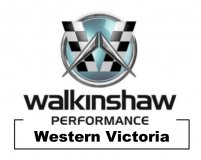
Our racing heritage and history
The foundation of knowledge – the racing journey of Bruce Williams – the owner of Performance and Race Tech Services:
An Australian Motorsport Story – From Superkart beginnings to touring car triumphs
A grounding in doing things the right way.
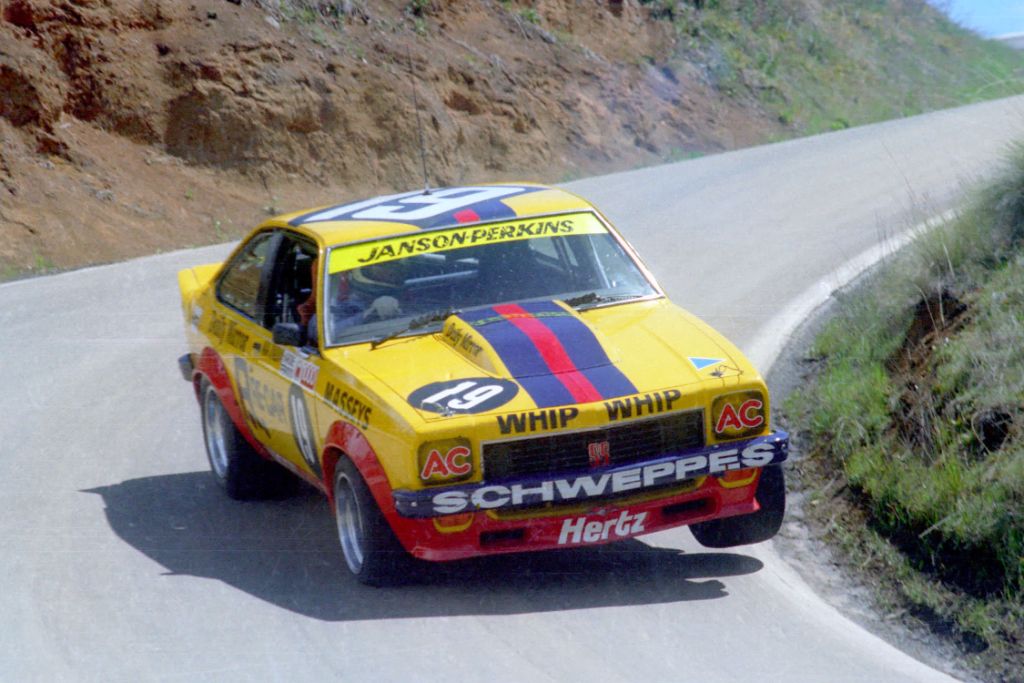
Bruce Williams’s career in motorsport began not as a driver, but behind the scenes within the exciting and colourful paddocks of the Australian Touring Car Championship during the late 70’s.
In his early days, he worked with well-known privateer Peter “The Captain” Janson and his crew, picking up heaps of hands-on experience in the world of motorsport long before he kicked off his own racing career.
From the workshop of Ian Tate through to the pits at the Bathurst 1000 and Sandown 500 bruce leant the hand on skills of preparation from the best in the business.
This early experience not only deepened his understanding of the sport but also taught him the crucial importance of meticulous race car preparation and strategic decision-making on the track.
During this formative period, he had the opportunity to learn from and work with some of the greats of the racing world, further enriching his approach and setting the stage for his distinguished track career.
The begining – Superkarts success and the establishment of HQ Racing
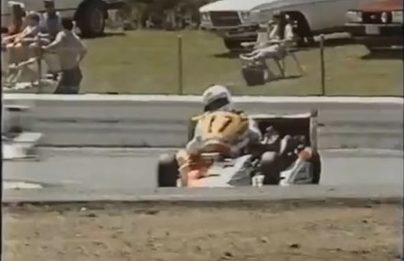
Williams transitioned to competition of his own in the early 1980s, launching his driving career in 250 kph Superkarts where he rapidly secured multiple state titles. His combination of technical acumen and competitive drive established him as a formidable presence in the category.
Motivated by a vision to make motor racing more accessible and affordable, Williams played an instrumental role in founding the HQ Racing series.
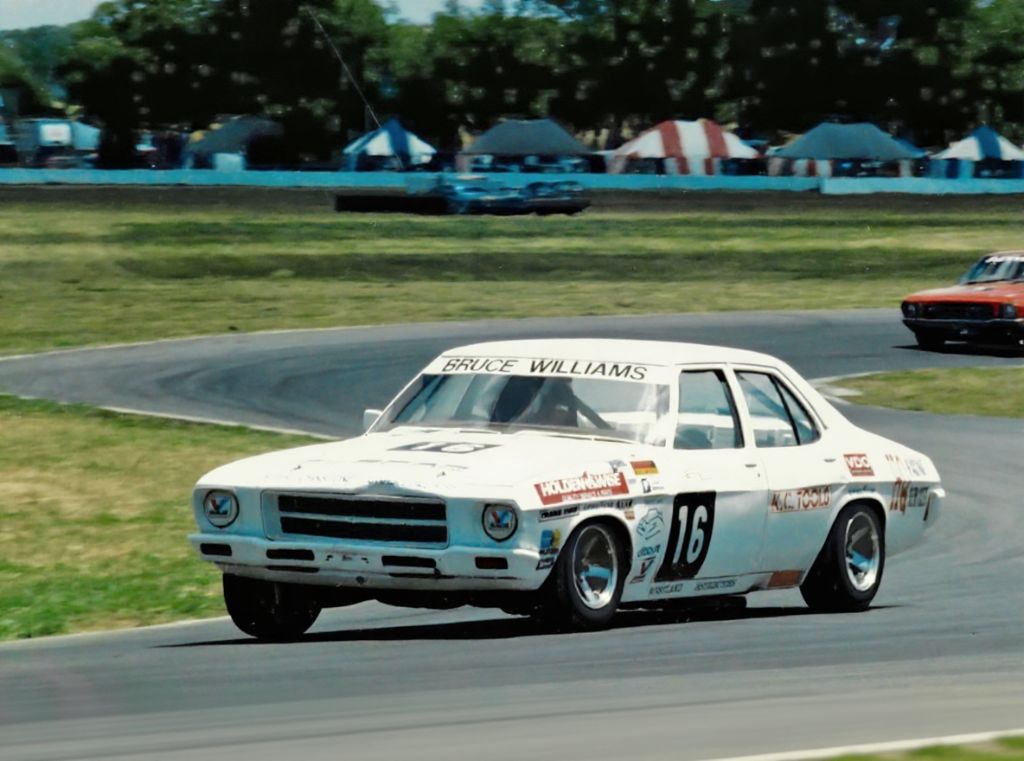
Working with others who shared his vision, he established the HQ Racing Association, serving as its inaugural president and contributing significantly to the formation of one of Australia’s most competitive grassroots racing platforms.
In collaboration with prominent technical experts and officials, Williams contributed to the development of the regulations that became the cornerstone of the category—a foundation that has supported its continued success for more than four decades.
HQ Nationals Victory at Winton
Williams’s dedication to the development of HQ Racing soon yielded substantial on-track accomplishments with the category growing rapidly around the country.
By 1990, he had constructed his own HQ race car and participated in numerous events nationwide. Notably, he claimed victory at the esteemed HQ Nationals at Winton Raceway amidst a field exceeding 80 entrants, solidifying his place as a leader within the series and earning recognition at the national level.
Success at Calder Park Thunderdome and Surfers Paradise
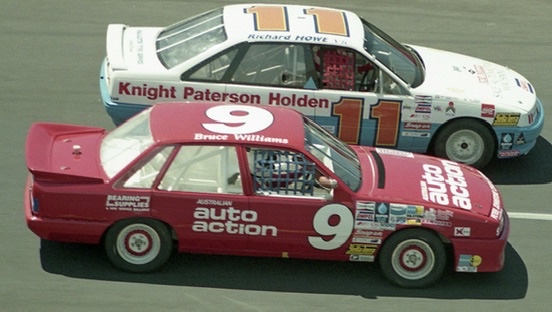
With the inauguration of Calder Park Thunderdome—Australia’s first dedicated superspeedway—Williams embraced the challenge of oval racing. Competing in the HQ Challenge alongside top national talent, he secured the overall title, demonstrating proficiency and competitiveness across both circuit and oval disciplines.
Williams was captivated by the speed and challenge of Superspeedway racing on the high banked Thunderdome and progressed to AUSCAR for the 1990/1991 Series.
Williams made an immediate impact, achieving a fourth-place finish in his debut race against over 40 competitors. During that first season he scored podium results and was on the way to becoming one of the leaders in AUSCAR for years to come.
Williams was a consistent at the front of the field and became a regular podium place getter.
Williams early grounding in the importance of car preparation and set-up and adaptability were key contributors to his regular successes in this demanding environment.
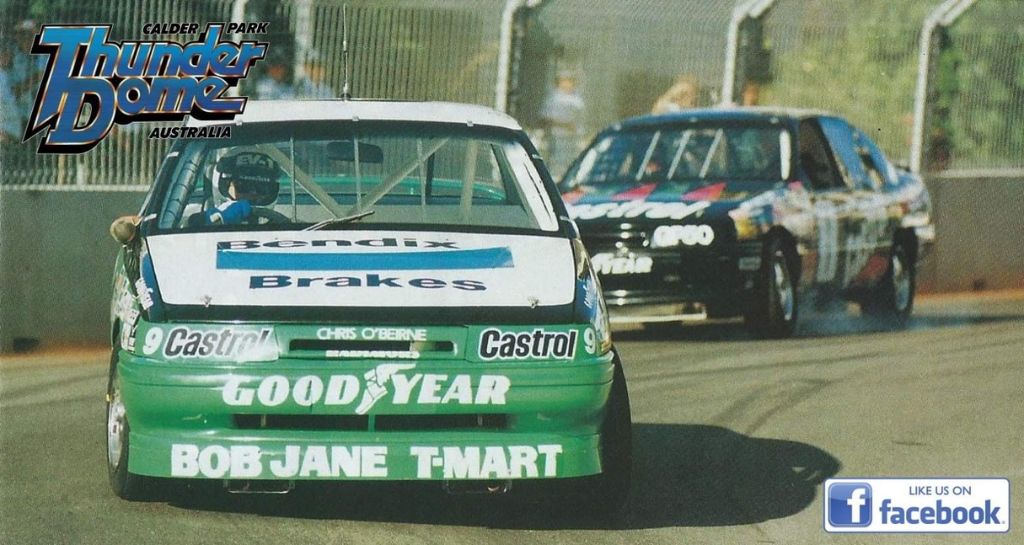
Beyond the superspeedway, Williams achieved notable results on the challenging concrete lined street circuit at Surfers Paradise, competing against celebrated drivers such as Jim Richards and Brad Jones. These accomplishments underscored his versatility and competitive aptitude in diverse racing contexts.
In addition to several race wins Williams came close the championship success with a second place in the 1992/93 season and a third place in the 1993/94 season.
Formula Holden and Supercar endurance racing highlights

In 1997, Williams reached another significant milestone by entering Formula Holden competition, contending nationally in the Australian Drivers Championship for the prestigious Gold Star, earning pionts along the way.
Despite having never raced hi speed open wheeler cars, his performances reflected remarkable skill and determination, yielding commendable results against fully backed star drivers including future Indy 500 and Bathurst 1000 winners.
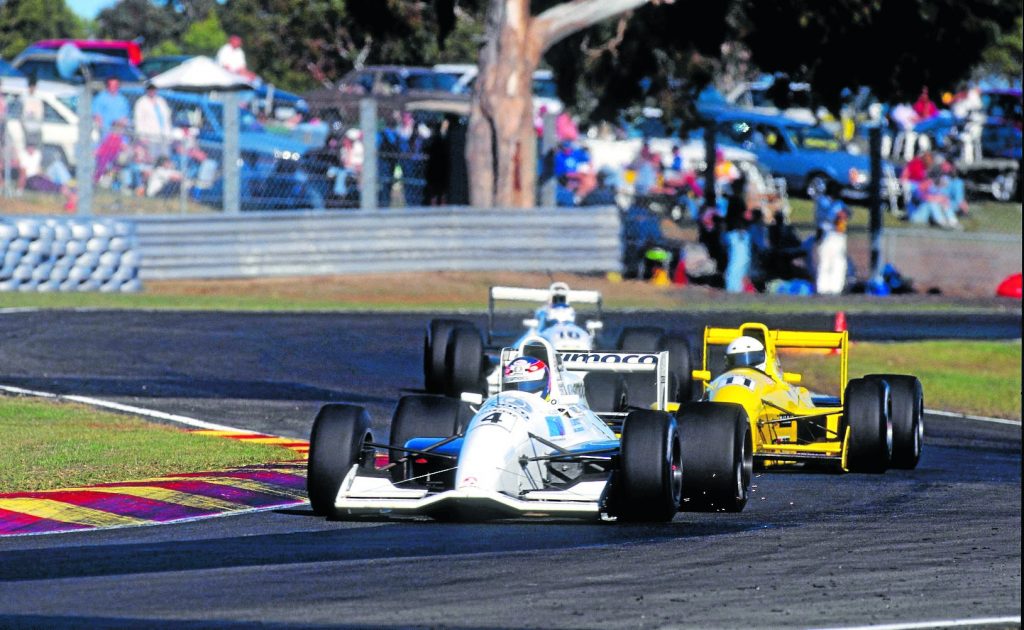
The same year, he competed in V8 Supercars, capturing the ‘Privateer Trophy’ at the Sandown 500 and further exemplifying his capabilities among independent teams.
In 1997 Williams and Gover also participated in the famed Bathurst 1000, joining a distinguished field in one of Australia’s most renowned endurance races.
Australian Production car Championship, Tarmac rally cars and Winged Sprintcars
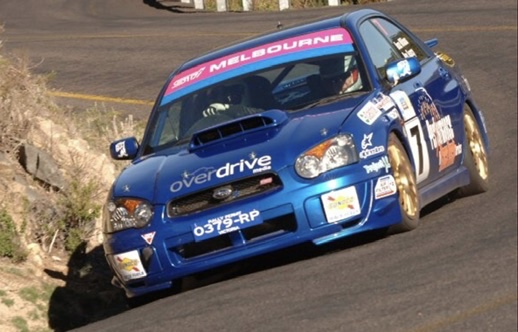
After a hiatus, it was time for a new racing direction and in 2006 Bruce took on the of challenge of the Australian Production Car Championship.
Racing in a Subaru WRX Sti it was the beginning of a relationship with the brand that continues today.
It was not just the race circuits of Australia that held a keen interest for Bruce.
Following the interest in Targa Tasmania, Tarmac rallying had started grow around the country and Bruce and his trusty Subaru took the forests and enjoyed some success taking out several stage victories at the Lake Mountain Sprint.
Touring Car Masters Achievements
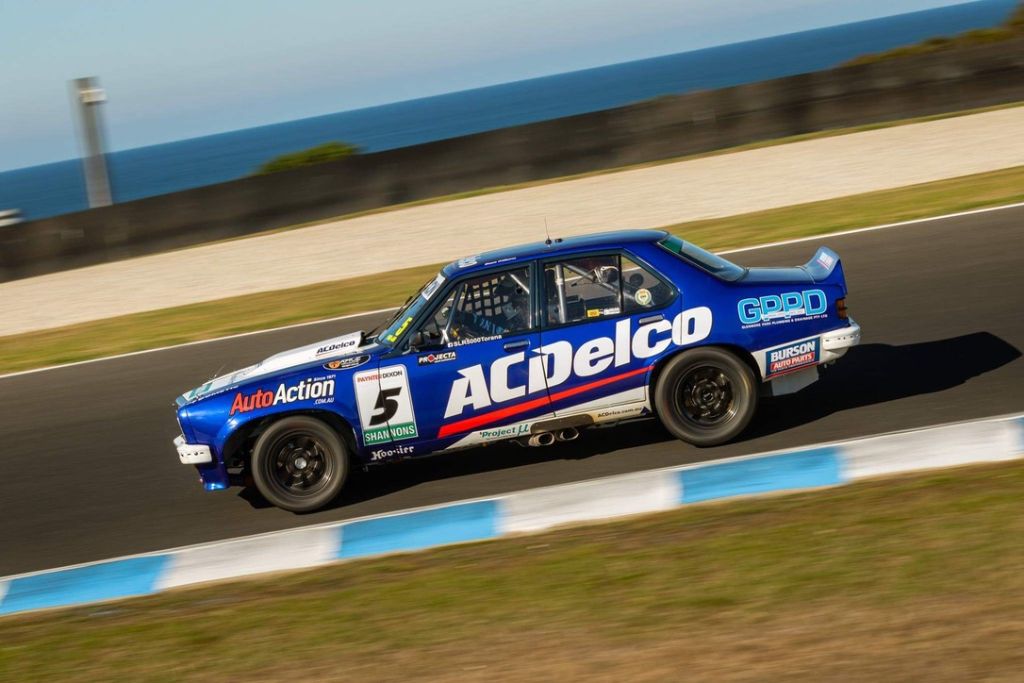
Williams maintained his prominence as he advanced to premier categories including V8 Supercars and Touring Car Masters.
Within the Touring Car Masters category, he applied his wealth of experience to the hi-speed classic vehicles, engaging spectators and celebrating Australia’s touring car heritage.
Legacy and Impact
From playing a pivotal role in the development of HQ Racing through to landmark victories and sustained excellence across multiple disciplines, Bruce Williams has established a legacy characterized by perseverance, adaptability, and unwavering passion for motorsport.
Beyond his personal achievements, he serves as an ambassador and mentor within the racing community, motivating future generations to pursue their ambitions in motorsport.
Winning car builder, team owner and mentor to emerging talent
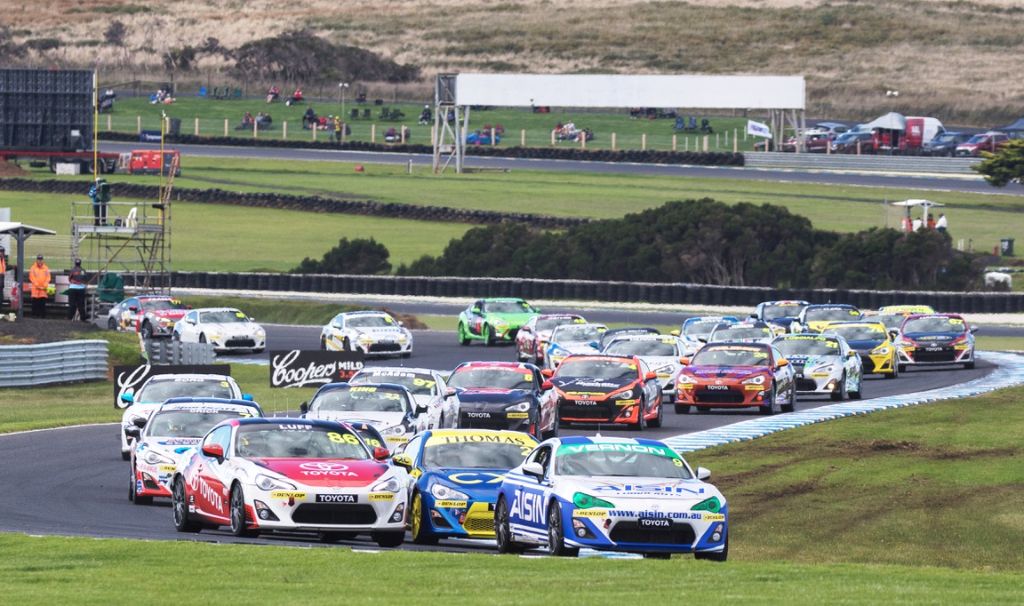
Williams’s influence extends beyond his individual accolades, encompassing leadership roles as both mentor and team owner.
Between 2016 and 2018, his team excelled in the highly competitive Toyota 86 Racing Series, clinching the 2017 Championship with Jimmy Vernon and achieving a runner-up finish with Luke King the next year.
Under his strategic guidance, Williams and his team helped nurture emerging talent and reinforced his status as a respected figure, fostering success both on and off the racetrack.
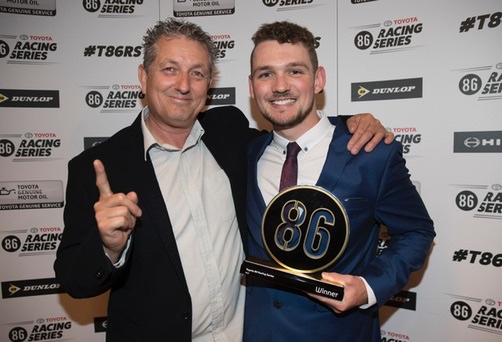
Built in house at Performance and Race Tech Services, the Bruce Williams Motorsport Toyota 86 became the most successful Toyota 86 ever raced. In the 2017 series the team achieved 14 podiums from 16 races.
